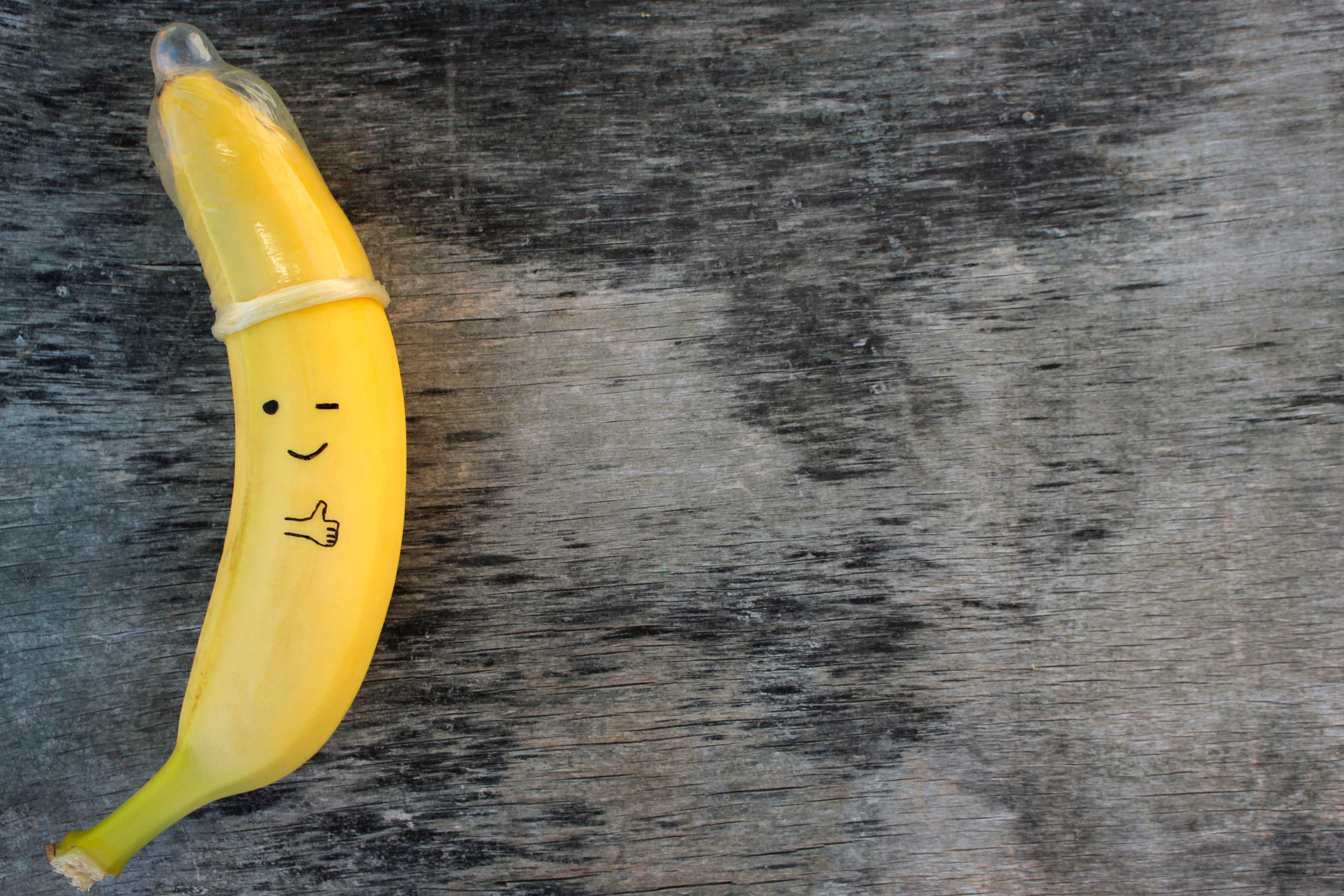You Sexy Thing You!

Sex education can be considered a somewhat ‘cringe worthy’ topic for most people, making even the most profound and outspoken members of society a little more than uncomfortable. However, sex education is one of the most vital constituents of a healthy lifestyle.
Sex education teaches people about sexual anatomy, sexual intercourse/ interaction and sexual problems such as sexually transmitted infections and illnesses. Unfortunately, the process of sex education is often overlooked due to its nature, but can you risk avoiding it?
Sex education aims to limit any unwanted outcomes for sexual activity (like unplanned pregnancy or sexually transmitted infections). Sex education can even go as far as to make positive changes to personal relationships, allowing those involved to be more confident and open about sex and sexuality. Sex education is often specifically aimed at teenagers and young adults.
This is because this age group tends to have a particular interest in acts of a sexual nature, as they are said to ‘discover their sexuality.
Sex education can also positively influence young people, encouraging them to make better choices regarding their sexual behaviour. And allow them to portray these choices where relevant confidently. Sex education is often taught in a teenager’s fourth and fifth years of High School and briefly covers all the relevant information, most commonly touching on:
- Sexual development
- Reproduction
- Contraception
- Relationships
- Infections and diseases
Why is sex education so important?
Sex education is vital when aiming to maintain a healthy lifestyle. Sex education informs you of fatal infections and diseases such as; HIV/ AIDS and more common infections like Chlamydia and Gonorrhea and can even advise you on what to do if you contract a disease or infection.
Worried about your sexual health?
If you’re worried about your sexual health, it’s easy to get checked out. For those under 19’s, free sexual health clinics (such as ‘YPAS’ and ‘The Brook’) offer sexual health screenings for the most common sexually transmitted diseases (STD’s) and infections. These are usually quick and painless, giving you a fast result (after lab testing, which takes approximately one week). In addition to this, young people can perform the test themselves (by taking a simple swab) and receive their sexual health results via text (if they are particularly uncomfortable).
For women, a full sexual health screening (commonly known as a cervical smear test) is offered routinely from 25. This is performed by a gynaecologist and tests for most sexual infections and diseases that can be contracted.

Comments are closed.